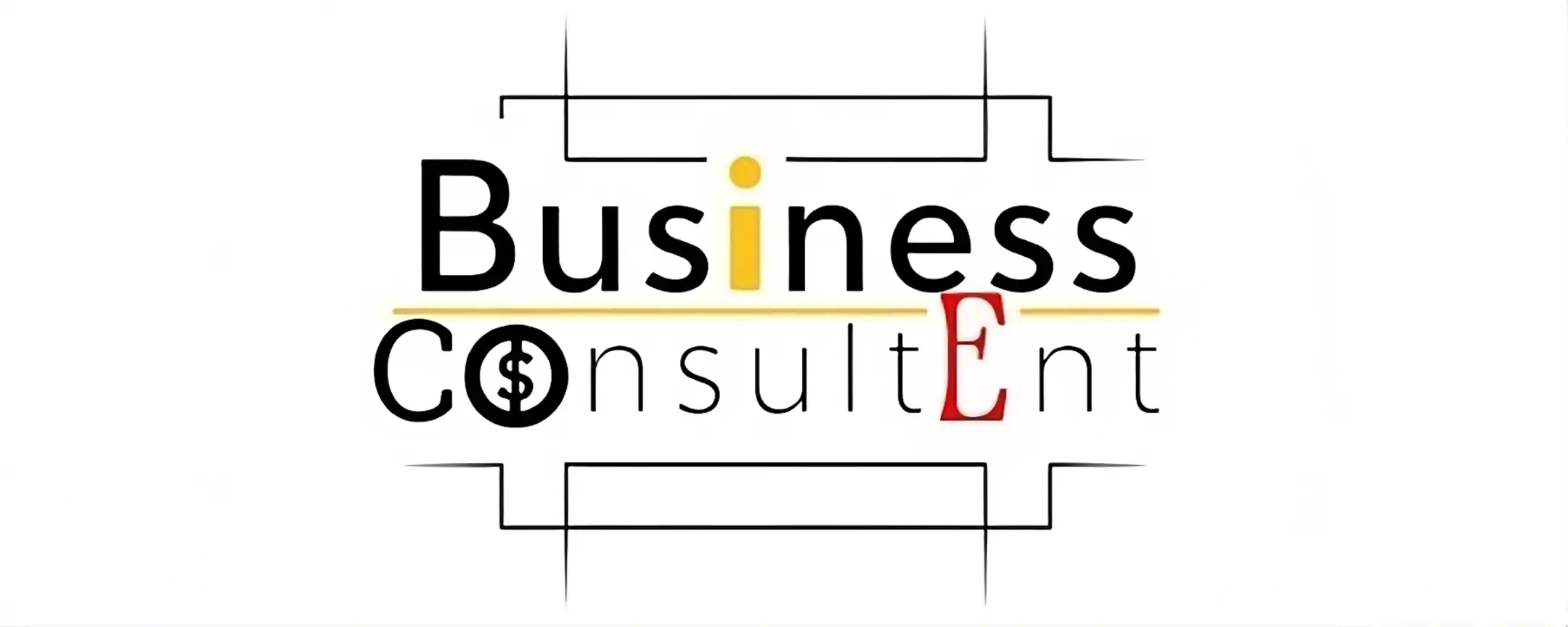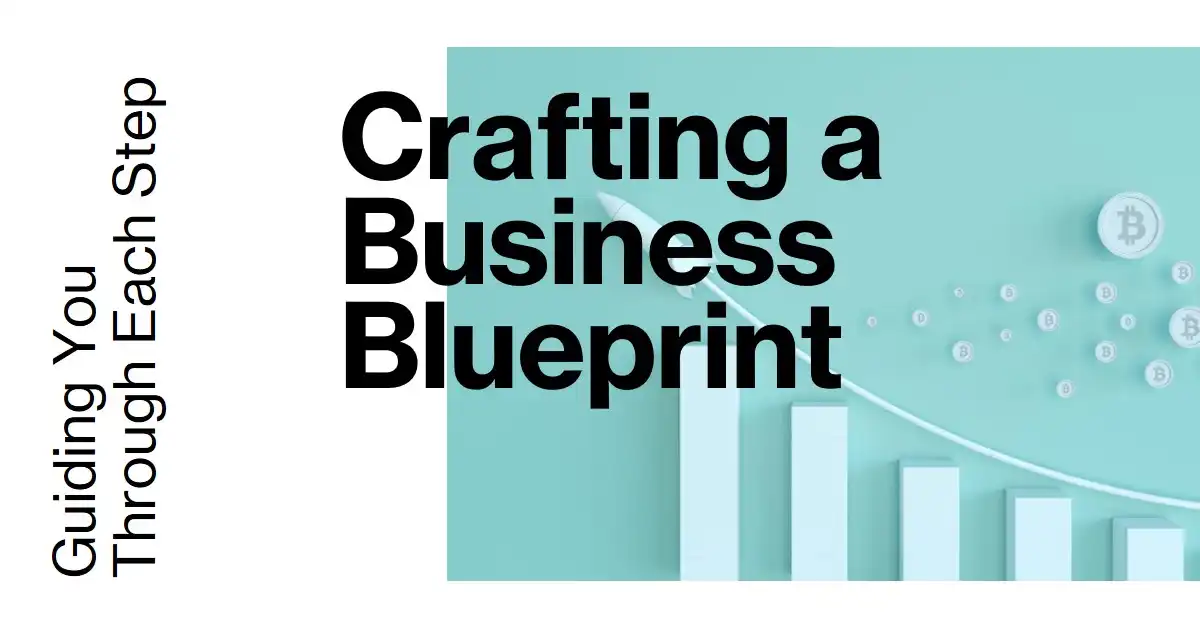In sales, you will face objections. These objections often come from competitors. Knowing how to handle them is crucial.

Understanding Competitor Objections
Competitor objections are concerns customers raise about your product. They compare it to a competitor’s product. Understanding these objections helps you respond effectively.
Common Competitor Objections
- Price: “Your product is more expensive.”
- Features: “Your competitor has better features.”
- Brand: “I trust the other brand more.”
- Service: “The other company offers better service.”
Why Competitor Objections Matter
Handling objections well can turn a “no” into a “yes”. It shows you understand the customer’s concerns. It also demonstrates your product’s value.
Strategies for Responding to Competitor Objections
1. Listen Carefully
Let the customer explain their objection fully. This shows you respect their opinion. It also gives you time to think.
2. Acknowledge The Objection
Let the customer know you understand their concern. This builds trust.
3. Provide Evidence
Use facts and examples to support your response. Show how your product meets their needs better.
4. Highlight Unique Features
Emphasize what makes your product unique. Explain why these features are important.
5. Focus On Value
Discuss the overall value of your product. Show how it offers more benefits in the long run.
6. Offer Comparisons
Provide a direct comparison between your product and the competitor’s. Highlight where your product excels.
Examples of Competitor Objection Responses
Price Objection
Response: “I understand price is important. However, our product offers more value over time. For example, it lasts longer and requires less maintenance. Here are some customer testimonials that support this.”
Feature Objection
Response: “I see why that feature might seem important. However, our product has unique features that provide greater benefits. For example, our feature X can save you time and money.”
Brand Trust Objection
Response: “I understand brand trust is crucial. Our brand has been in the market for many years. We have thousands of satisfied customers. Would you like to see some case studies?”
Service Objection
Response: “Quality service is very important to us. We offer 24/7 customer support. Our team is always ready to help. Here are some reviews from our happy customers.”
Why You Should Prepare for Competitor Objections
Preparation is key to handling objections. It boosts your confidence. It also makes the customer feel valued.
Benefits Of Preparation
- Improved customer trust
- Increased chances of closing the sale
- Better understanding of customer needs
- Enhanced communication skills
How to Prepare for Competitor Objections
1. Research Competitors
Know your competitors well. Understand their strengths and weaknesses. This helps you prepare effective responses.
2. Practice Responses
Practice your responses to common objections. This makes you more confident during sales conversations.
3. Gather Evidence
Collect customer testimonials, case studies, and data. Use these to support your responses.
4. Stay Updated
Keep up with industry trends and updates. This helps you stay ahead of competitors.

Frequently Asked Questions
What Are Competitor Objections?
Competitor objections are concerns raised about your product based on competitors’ offerings and claims.
How To Handle Competitor Objections?
Acknowledge their concern, highlight your unique benefits, and provide evidence supporting your claims.
Why Do Customers Raise Competitor Objections?
Customers raise objections to compare options and ensure they choose the best solution.
Best Way To Respond To Competitor Objections?
Listen carefully, address concerns directly, and emphasize your product’s unique advantages.
Common Competitor Objections Examples?
Examples include pricing, features, reputation, and customer support comparisons.
How To Prepare For Competitor Objections?
Research competitors, understand their strengths and weaknesses, and develop clear responses.
Impact Of Competitor Objections On Sales?
Competitor objections can delay decisions but also provide opportunities to differentiate.
Are Competitor Objections Common?
Yes, they are a normal part of the sales process and can be effectively managed.
Bottom Line
Handling competitor objections well is crucial for sales success. Listen to the customer, acknowledge their concerns, and provide evidence. Highlight your product’s unique features and overall value. Preparation is key. Research competitors, practice responses, and gather evidence. Stay updated with industry trends. With these tips, you can turn objections into opportunities.
Related Content
Stages of a Startup: Key Milestones to Success!
Relationship Between Stress And Creativity: Unleashing Potential
The Power of Self-Belief in Entrepreneurship: Real-Life Success Stories
How Much Funding Do You Need to Launch Successfully?



